Is hydroponically grown food organic? With the folks in the urban areas becoming more conscious of their health, their attitude towards food has perked up; they are more mindful now than ever of what they consume, in terms of nutrition and quantity. Some of the cruellest agricultural practices- such as the overuse of pesticides, insecticides, are not tolerated by the consumers.
They find it disturbing that they have, but little control over these aspects that affect them the most. So, they are drifting towards produce that can guarantee them minimal pesticide residues and maximum nutritional quality even if it costs twice as usual. And since consumerism pretty much rules our world, producers have fallen in with necessary changes in their methods so as to provide what their consumers like better- organic food.
Is hydroponically grown food organic?
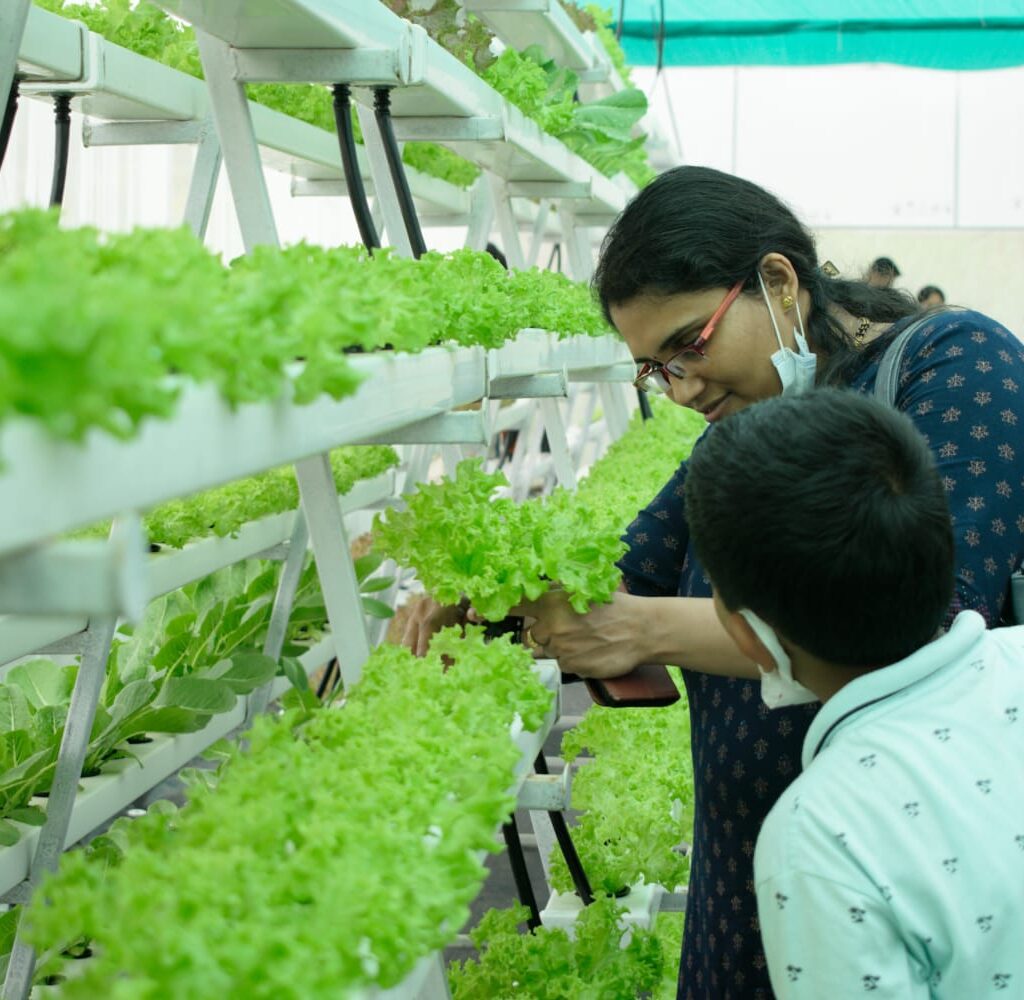
Organic farming is the go-to kind of farming in the age of pollution and climate change, providing nourishment along with subsistence. It may not yield results straight away; it gives results over a period of time. Simply put, it is the loose-the-sprint-but-win-the-marathon kind of farming.
Speaking of eco-friendly and viable alternatives of conventional farming, hydroponics has gained fame in the recent past. It is described as growing plants without soil, using mineral nutrient solutions in an aqueous solvent.
This method ensures supply of nutrients to the roots; hence all efforts are towards growth of shoots (i.e., of fruits, leaves) leading to faster growth. This method helps in preventing soil degradation, saving space and is frequently used in indoor vertical farms.
In the last few years, the urban folk have developed a proclivity to grow their own food in their backyards/balconies, so that they are assured of the quality of food that they are taking in. They presume that food is organic. But is it, really?
Technically speaking, “organic agriculture is the practice of raising crops without the use of synthetic inputs that are replaced with site-specific management practices that maintain and increase long-term soil fertility and prevent pests and diseases”.
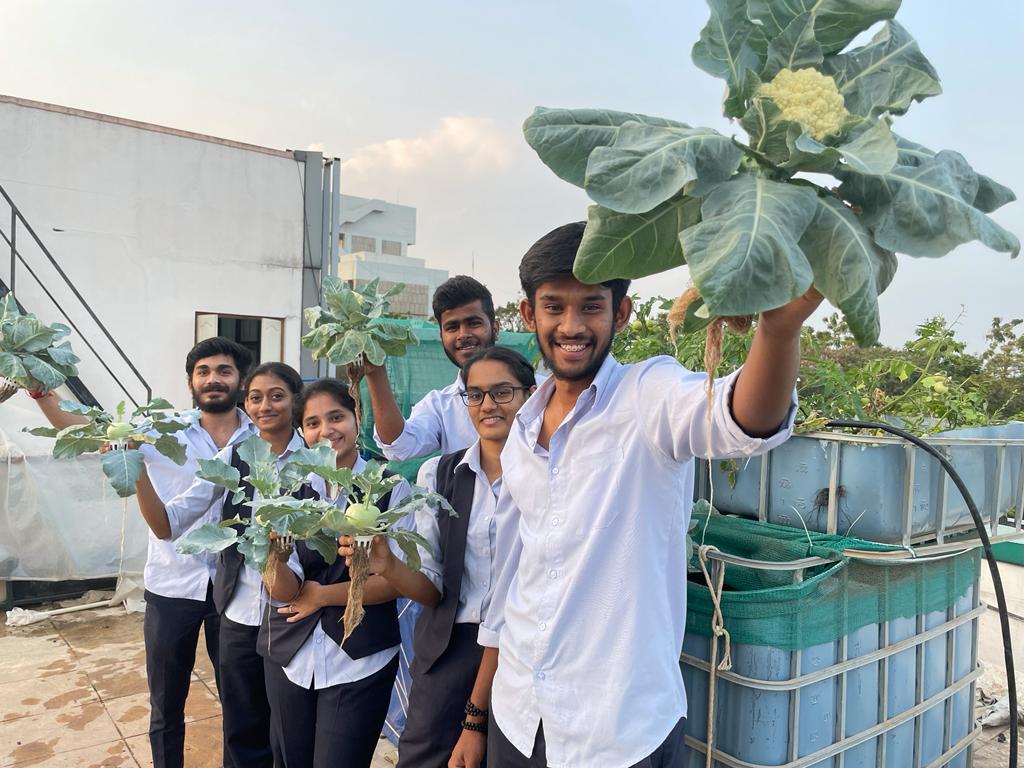
While only a nutrient solution is used in controlled amounts to support the growth of plants, additional fertilizers aren’t provided in usual cases; and pesticides would be necessary in the least as the system is free from infested garden soils. Pests, if any, are controlled through natural pest controls.
Therefore hydroponics is a system that raises crops without chemicals and is 100% safe for consumption. But for a particular food to be called organic, it should have undergone an elaborate process of validation and certification, with regard to protecting natural resources, conserving biodiversity, and using only approved substances.
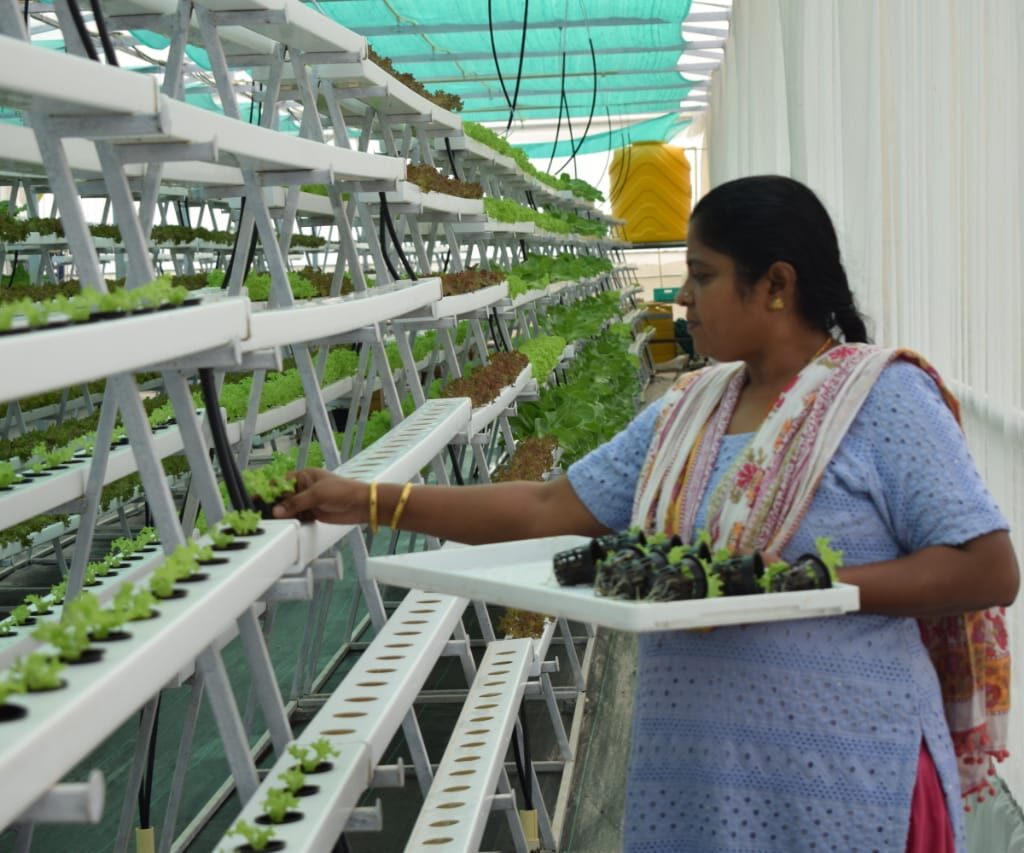
All these measures aimed at protecting the environment, minimizing soil degradation, and maximising biological diversity and productivity while promoting healthy conditions in consumers, are to be fulfilled in order to sell a product under the label “organic”. Moreover, hydroponics has a soil-less medium for growing plants making this primary reason for it not being classified under the “organic” tag.
Even though hydroponics is not technically organic, it is gaining popularity as you are reading this. And the fact that hydroponics is highly suitable and operational in urban areas and rural areas alike, shall make it the next big thing in agriculture.
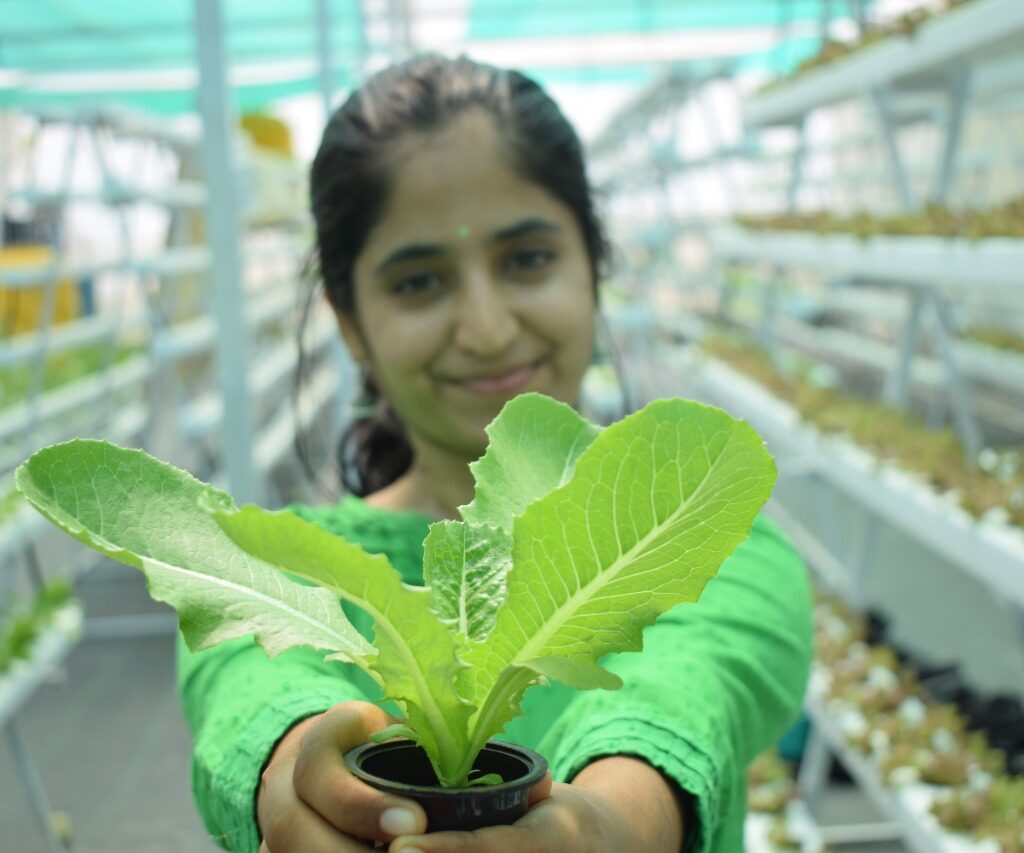
We conduct regular ofline and online workshops at Beegle Agritech Click Here to fnd out about our next workshop. You can also contact us for more information or follow us on Instagram.
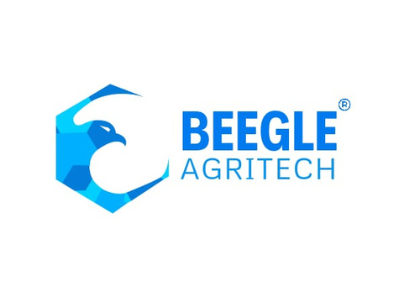
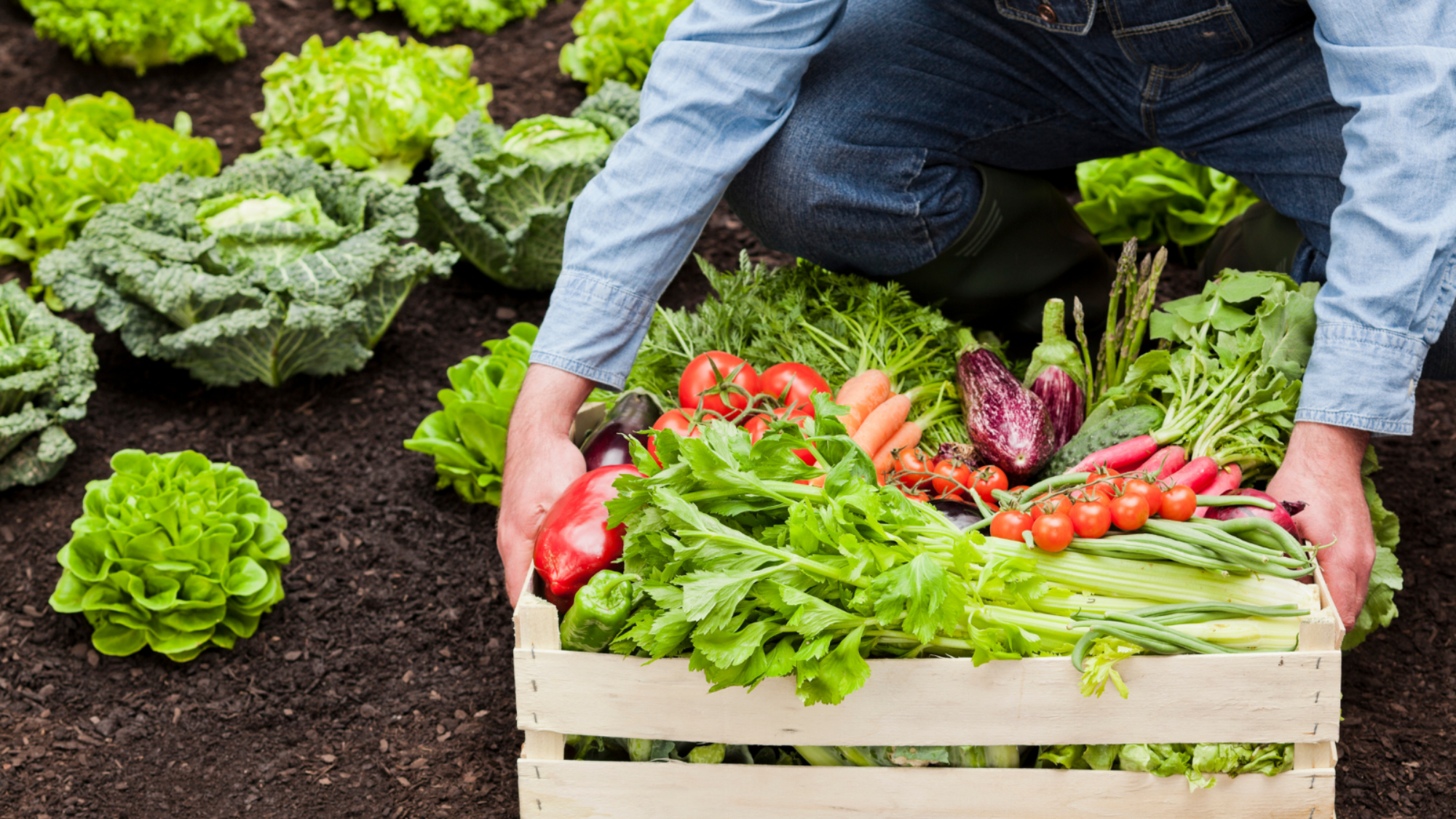
Leave A Comment